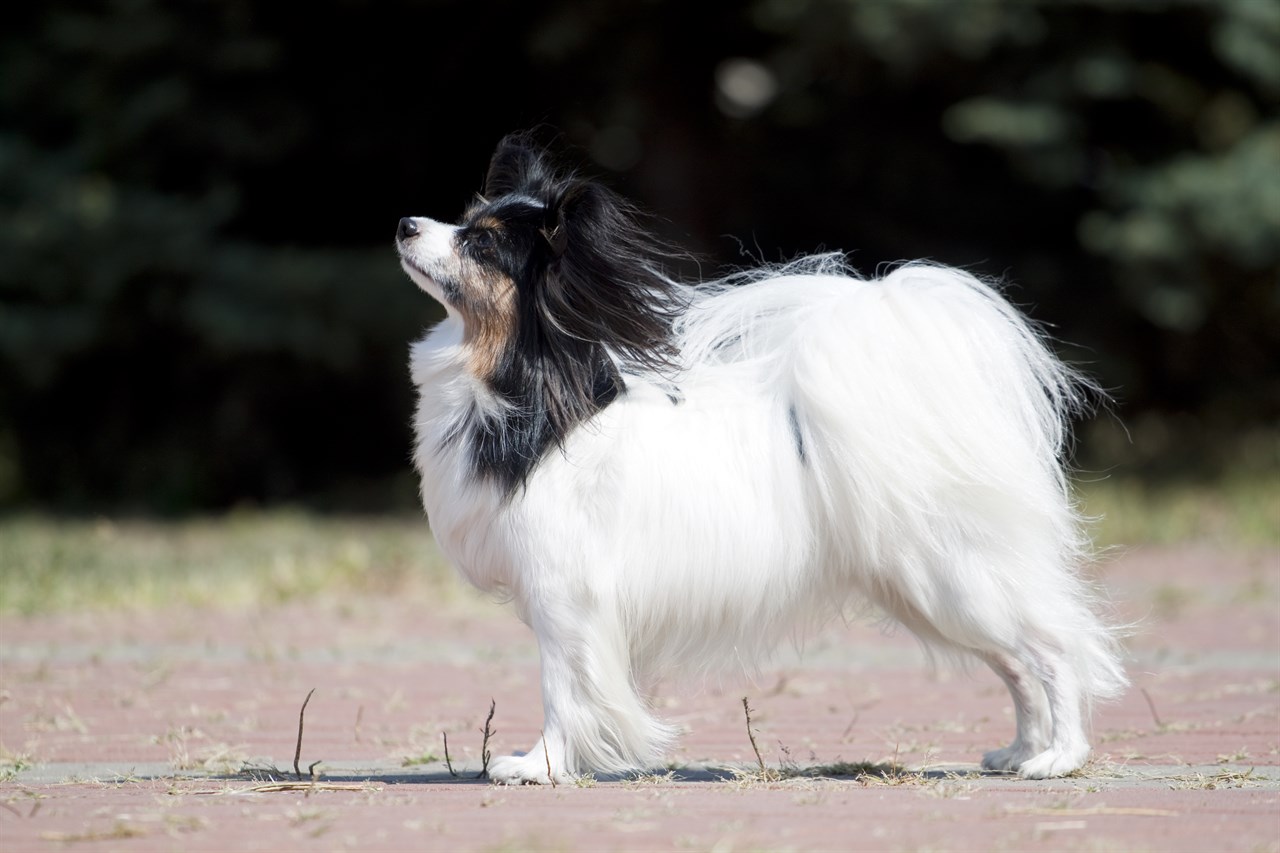Common Health Issues of the Long Coat Chihuahua

Long Coat Chihuahuas, like all dog breeds, are susceptible to certain health issues. Being aware of these common health concerns and taking preventive measures can help ensure your Long Coat Chihuahua lives a long and healthy life. Here are some of the typical health issues associated with this breed:
1. Patellar Luxation:
Patellar luxation is a condition where the kneecap (patella) dislocates or moves out of its normal position. Chihuahuas, including Long Coat Chihuahuas, are prone to this issue, which can lead to lameness and discomfort. Severe cases may require surgical correction.
2. Dental Problems:
Chihuahuas have small mouths with crowded teeth, making them prone to dental issues such as tartar build-up, gum disease, and tooth loss. Regular dental care, including brushing their teeth and providing dental chews, is essential to maintain oral health.
3. Heart Problems:
Chihuahuas are susceptible to certain heart conditions, including mitral valve disease and patent ductus arteriosus. These conditions can lead to heart murmurs, coughing, and exercise intolerance. Regular veterinary check-ups are crucial for early detection and management.
4. Hypoglycemia:
Due to their small size and fast metabolism, Chihuahuas, including Long Coats, are at risk of hypoglycemia (low blood sugar). This condition can lead to weakness, seizures, and even coma. Feeding them small, frequent meals and monitoring their energy levels can help prevent hypoglycemia.
5. Hydrocephalus:
Hydrocephalus is a condition where there is an accumulation of cerebrospinal fluid within the brain. It can lead to head enlargement, neurological symptoms, and developmental issues in Chihuahua puppies. It often requires veterinary treatment and monitoring.
6. Tracheal Collapse:
Chihuahuas are prone to tracheal collapse, a condition where the cartilage in the trachea weakens and causes coughing, gagging, and breathing difficulties. Using a harness instead of a collar for leash walks can help reduce pressure on the trachea.
7. Allergies:
Chihuahuas can develop allergies to environmental factors like pollen, dust, or certain foods. Allergic reactions may manifest as skin irritations, itching, or gastrointestinal problems. Identifying and managing allergies with your veterinarian's guidance is important.
8. Eye Problems:
Long Coat Chihuahuas may be more prone to eye issues, including cataracts and progressive retinal atrophy (PRA), which can lead to vision problems or blindness. Regular eye check-ups can help detect and address these issues early.
9. Obesity:
Chihuahuas are at risk of obesity, which can exacerbate existing health problems and lead to new ones. Maintaining a balanced diet and monitoring their weight is crucial to prevent obesity.
10. Respiratory Problems:
Their small size and prominent eyes can make Long Coat Chihuahuas sensitive to extreme temperatures. They may be at risk of respiratory distress in very hot or very cold weather, so it's essential to provide appropriate protection.
Regular veterinary check-ups, a balanced diet, proper dental care, and attention to their unique needs can help prevent or manage many of these health issues. Responsible breeding practices that prioritize the health and genetic diversity of the breed can also contribute to the well-being of Long Coat Chihuahuas.
Chihuahua (Long Coat) puppies for sale
- Find Chihuahua (Long Coat) puppies for sale in ACT
- Find Chihuahua (Long Coat) puppies for sale in NSW
- Find Chihuahua (Long Coat) puppies for sale in NT
- Find Chihuahua (Long Coat) puppies for sale in QLD
- Find Chihuahua (Long Coat) puppies for sale in SA
- Find Chihuahua (Long Coat) puppies for sale in TAS
- Find Chihuahua (Long Coat) puppies for sale in VIC
- Find Chihuahua (Long Coat) puppies for sale in WA